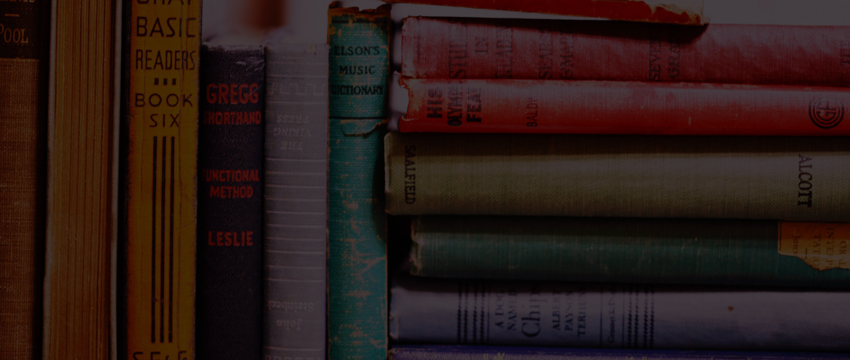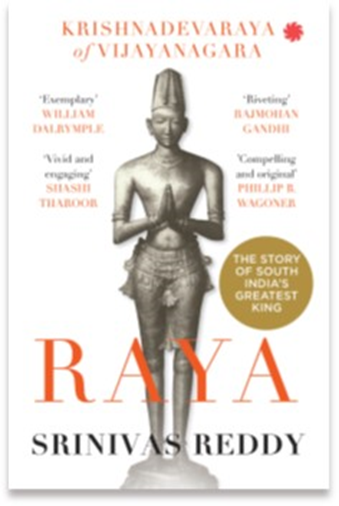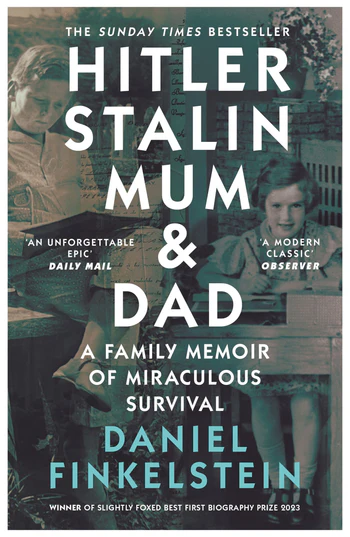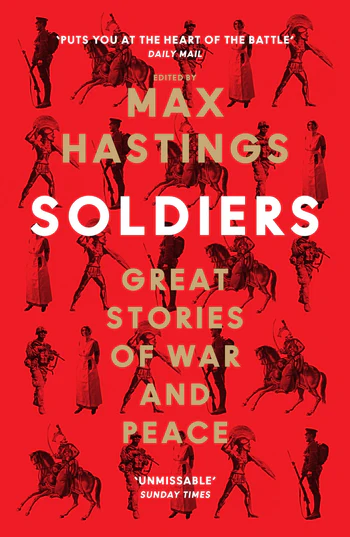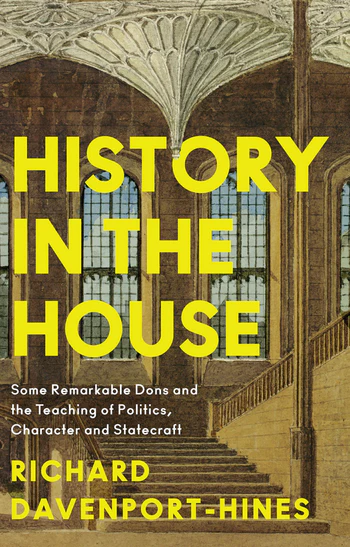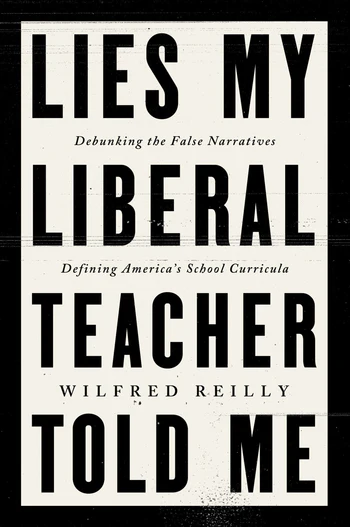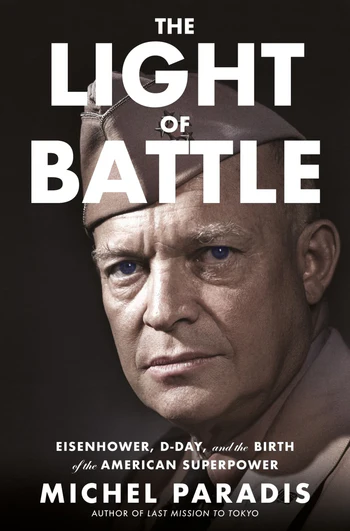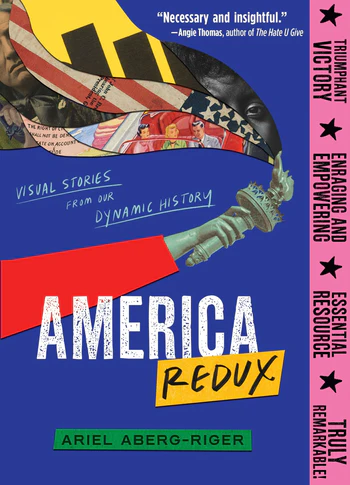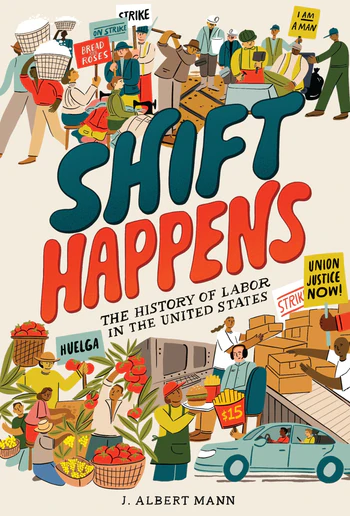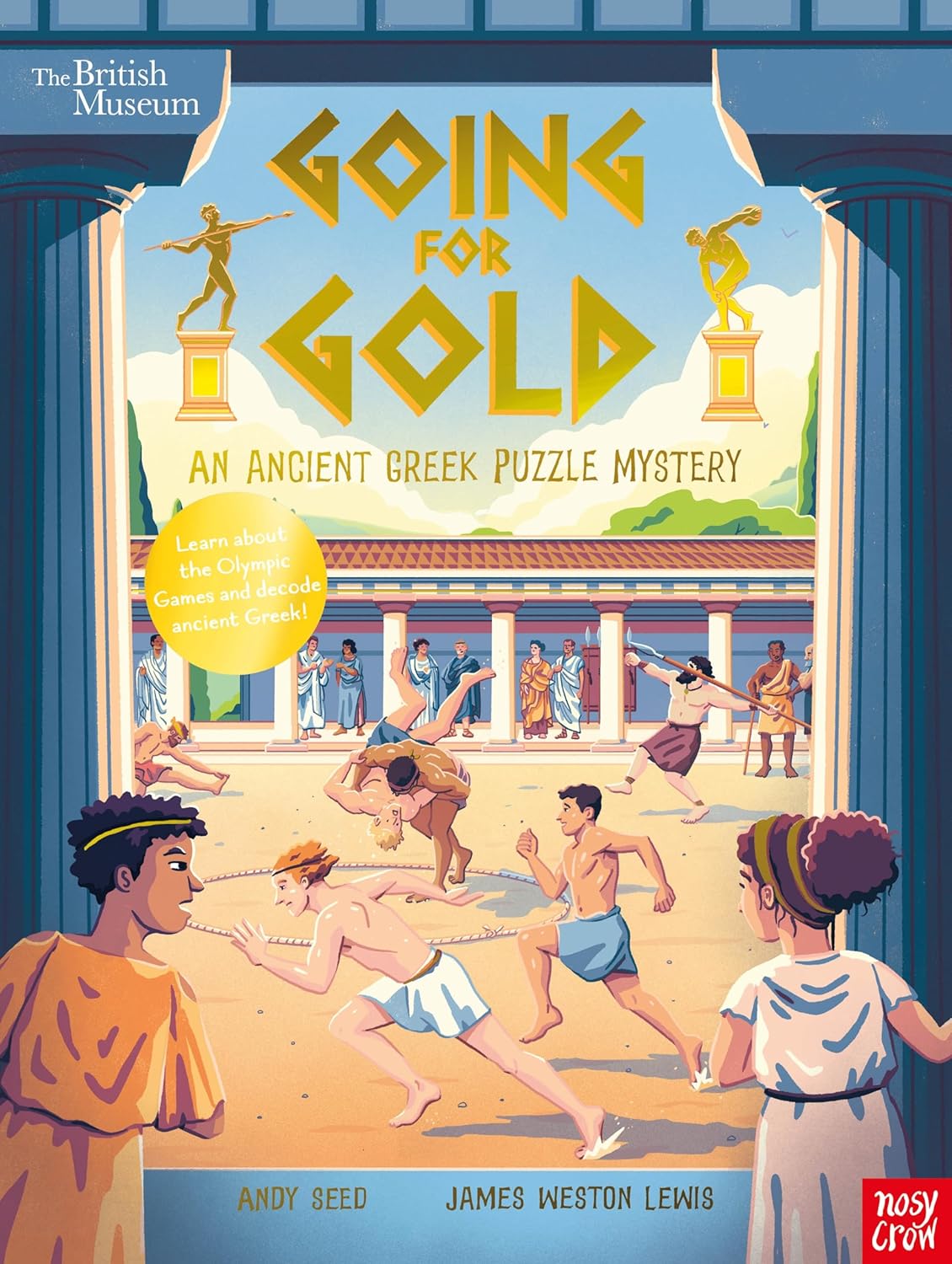History
Featured Products
Hitler, Stalin, Mum and Dad A Family Memoir of Miraculous Survival
₹489.30
M.R.P.:₹ 699.00
You Save: ₹209.70 (30.00% OFF)
History in the House Some Remarkable Dons and the Teaching of Politics, Character and Statecraft
₹1,259.10
M.R.P.:₹ 1,399.00
You Save: ₹139.90 (10.00% OFF)
Lies My Liberal Teacher Told Me Debunking the False Narratives Defining America's School Curricula
₹1,215.00
M.R.P.:₹ 1,350.00
You Save: ₹135.00 (10.00% OFF)
The Light of Battle Eisenhower, D-Day, and the Birth of the American Superpower
₹1,395.00
M.R.P.:₹ 1,550.00
You Save: ₹155.00 (10.00% OFF)
America Redux: Visual Stories from Our Dynamic History
₹899.10
M.R.P.:₹ 999.00
You Save: ₹99.90 (10.00% OFF)
Shift Happens: The History of Labor in the United States
₹839.30
M.R.P.:₹ 1,199.00
You Save: ₹359.70 (30.00% OFF)
British Museum: Going for Gold an Ancient Greek Puzzle Mystery
₹629.10
M.R.P.:₹ 699.00
You Save: ₹69.90 (10.00% OFF)

